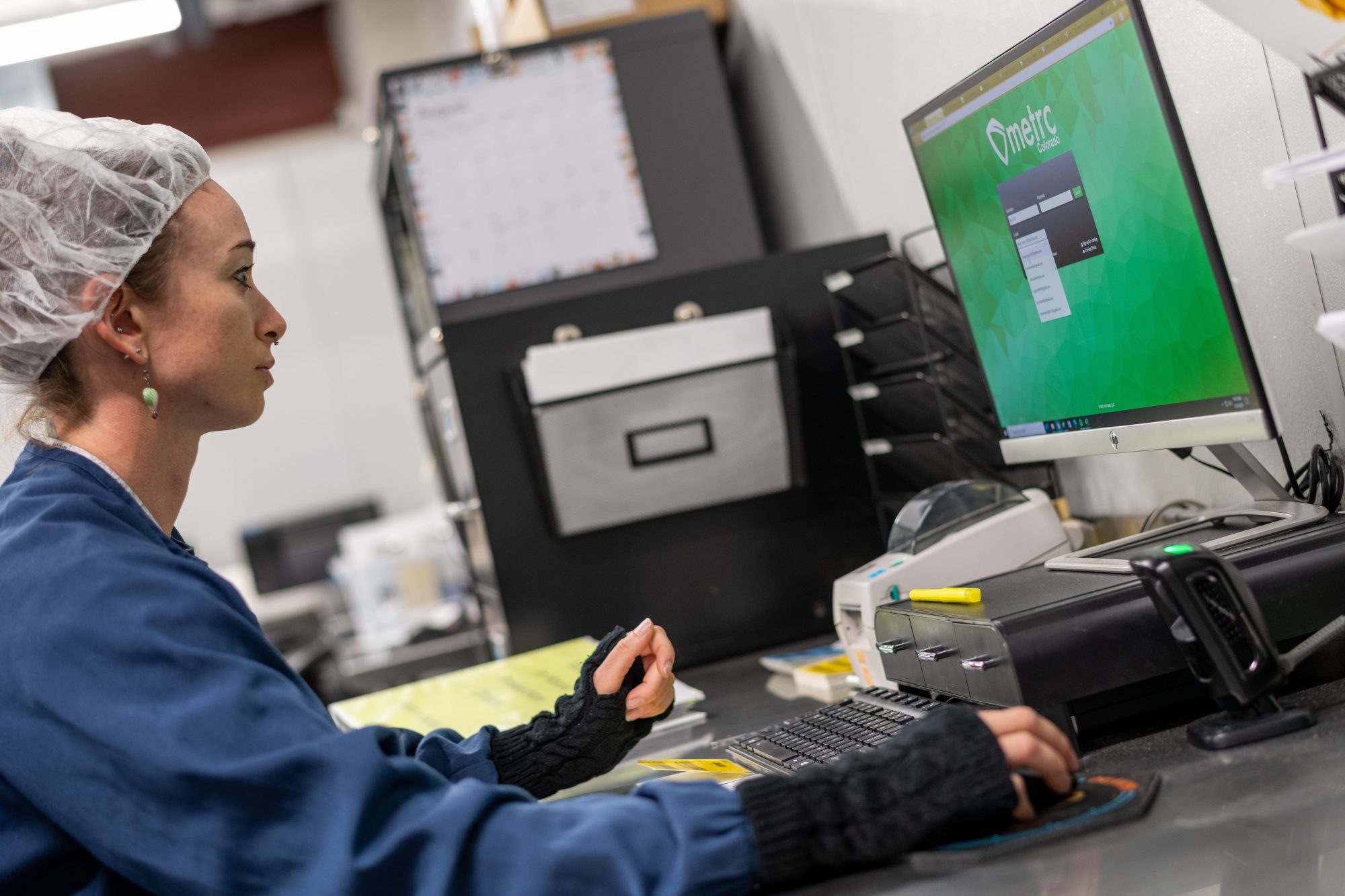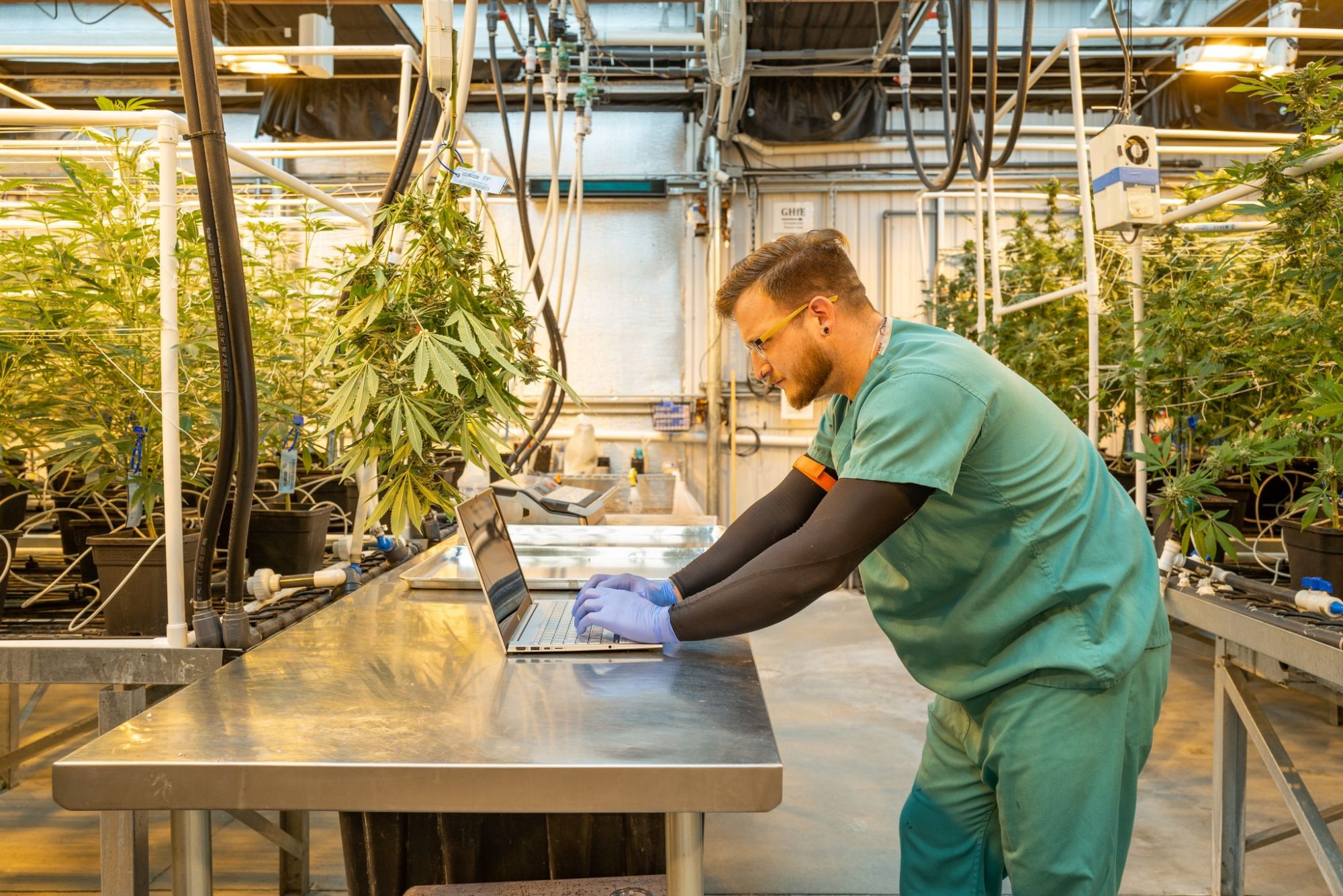Lewis Koski, Chief Strategy Officer of Metrc, charts how cannabis tracking technology can help global supply chain struggles
The COVID-19 pandemic changed our world as we know it. It catalyzed public health innovations, shifted the definition of the workplace, and caused consumer demand for certain goods to either skyrocket or plummet.
These significant changes shocked our global economy, and one particular area where economies have been struggling is with their supply chains. Production can be reduced or halted when consumer demand within an entire sector or industry suddenly decreases, and in return, production can often be difficult to resume at the same level to meet demand. This volatile environment has led many industries to suffer from supply problems including shortages, lag times, and overall inefficiencies. An industry whose supply chains have stood out for their resilience, though, is cannabis some would argue.
Cannabis production on a basic level
On the most basic level, the stages of cannabis production consist of cultivation, manufacturing, distribution, transportation, and retail. At each level, federal and state governments act as regulators to ensure the product is being safely produced. What’s unique to the cannabis industry is that it is relatively new. While the plant itself isn’t novel, in the last few decades, states have begun legalizing cannabis for medicinal and recreational use.
What is cannabis tracking technology?
The recent changes in societal and governmental attitudes toward cannabis mean that the industry has taken advantage of modern data cannabis tracking technology. This track-and-trace technology follows a product from its conception to the final point it is sold and can be monitored at every step of the way, providing valuable data. Cannabis tracking technology allows cannabis plants to be monitored in real-time and creates databases for all entities to reference.
This technology also keeps consumers and businesses safe by protecting cannabis products’ authenticity at every point in production.

In addition to ensuring safety, this technology keeps products moving. Government bodies want to safeguard consumers, and businesses want to get the product to them. Track-and-trace technology allows cannabis to be safely processed and quickly moved throughout the supply chain.
Part of the track-and-trace technology that helps facilitate this efficient movement is the use of radio-frequency identification (RFID) tags. These tags are assigned to individual cannabis plants during the early cultivation stages and store valuable coded information. Regulators with RFID readers can quickly assess large amounts of products compared to traditional line-of-sight bar codes. RFID technology also allows cultivators and businesses to quickly perform inventory checks and maintenance, increasing sell-through rate and customer satisfaction. Not only does RFID technology ensure safety and improve the supply chain, but it also helps cannabis businesses’ bottom line by increasing efficiency.
Cannabis supply chain issues
Currently, some supply chains are not serving customers or businesses due to a lack of inventory. This pivotal point in time can be an opportunity to examine the weaknesses throughout industries and how we can fix these supply chain issues. Today, 80% of operations and information technology leaders say technological investments have failed to deliver expected results. Maybe it’s not a simple investment issue but investing in technology like that in the cannabis industry will deliver results.
Is there a solution to supply chain issues?
A smart solution to supply chain issues, while it can’t and won’t solve them all, is using modern track-and-trace technology such as RFID. We know this type of technology has proven successful in one of the most regulated industries in the world – cannabis – which by default makes product flow more difficult. RFID is made to meet increases in demand and increase efficiency. This flexibility has made the cannabis industry more insulated to supply chain woes.
Success in the cannabis industry does not hinge on RFID alone, but processing products efficiently helps any business. Supply chains are continuously evolving, and we must use technology that can respond in smart and creative ways. The COVID-19 pandemic shook our world, and we can use this as a time to reassess how we do business. The cannabis industry’s use of modern technology can serve as a model system for other industries and businesses.











